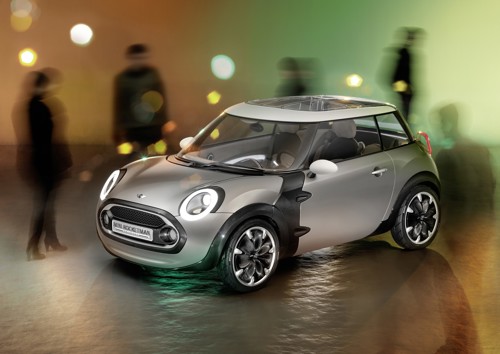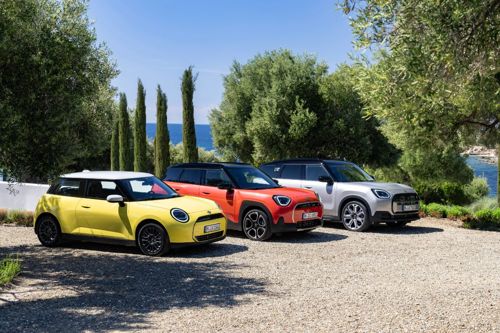Mini has officially backed away from its earlier commitment to become an all-electric brand by the end of the decade.
Originally announced in 2021, the BMW Group subsidiary's electrification timeline has now been revised as internal combustion engine (ICE) models continue to dominate demand.
Michael Peyton, Mini’s Vice President for the Americas, confirmed the strategic pivot in a recent interview with Automotive News. “We’re still moving in that direction [towards an electric-only lineup], but we’ve seen, particularly for North America, ICE is still very much a thing and will be for the foreseeable future,” he said. “So, we have changed a bit of our approach as a brand [and] going to build ICE longer.”
Future products: smaller and larger in focus

Rather than scaling back production, Mini plans to invest further in new petrol-powered offerings. According to Peyton, development will continue for future ICE products.
And despite delays to several electric models, Mini is still exploring new additions to its range. Peyton hinted at the possibility of a “true” Mini inspired by the Rocketman concept and a larger SUV positioned above the Countryman.
However, a Mini-branded ute is not in consideration. “There isn’t a market for a Mini pickup,” he stated, dismissing speculation despite the brand’s historic connection to small trucks.
BMW group eyes cautious electrification

Mini’s decision aligns with broader sentiment within the BMW Group.
While Rolls-Royce remains committed to phasing out its V12s in the early 2030s, BMW itself is taking a more flexible stance. The Group expects over 50% of its global sales to be electric by 2030, though that’s contingent on adequate infrastructure.
So far, progress has been incremental. EVs accounted for just 17.4% of BMW Group sales in 2024. The first quarter of 2025 has shown improvement, with EVs making up 18.7% of global deliveries - still well short of majority share.




